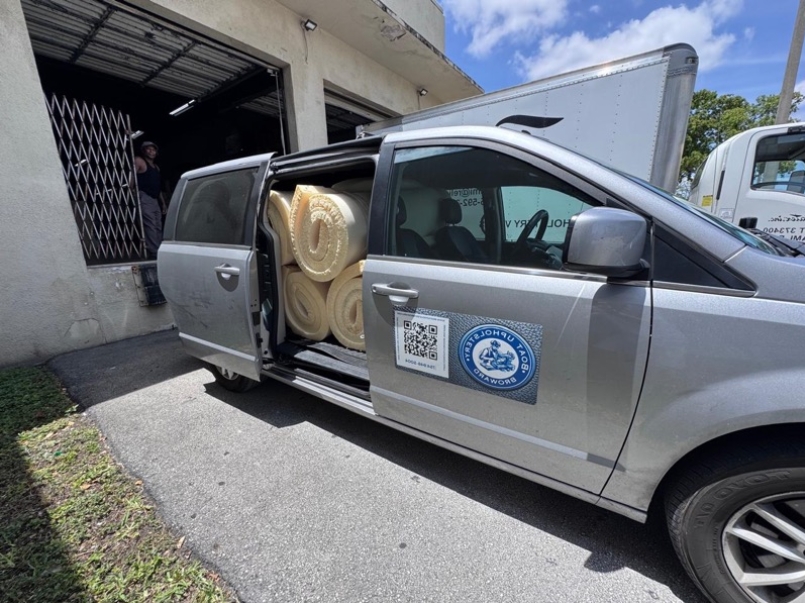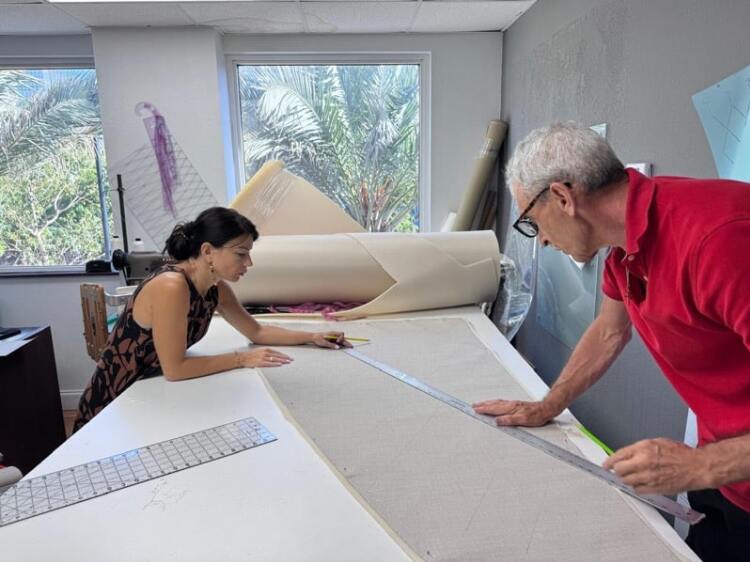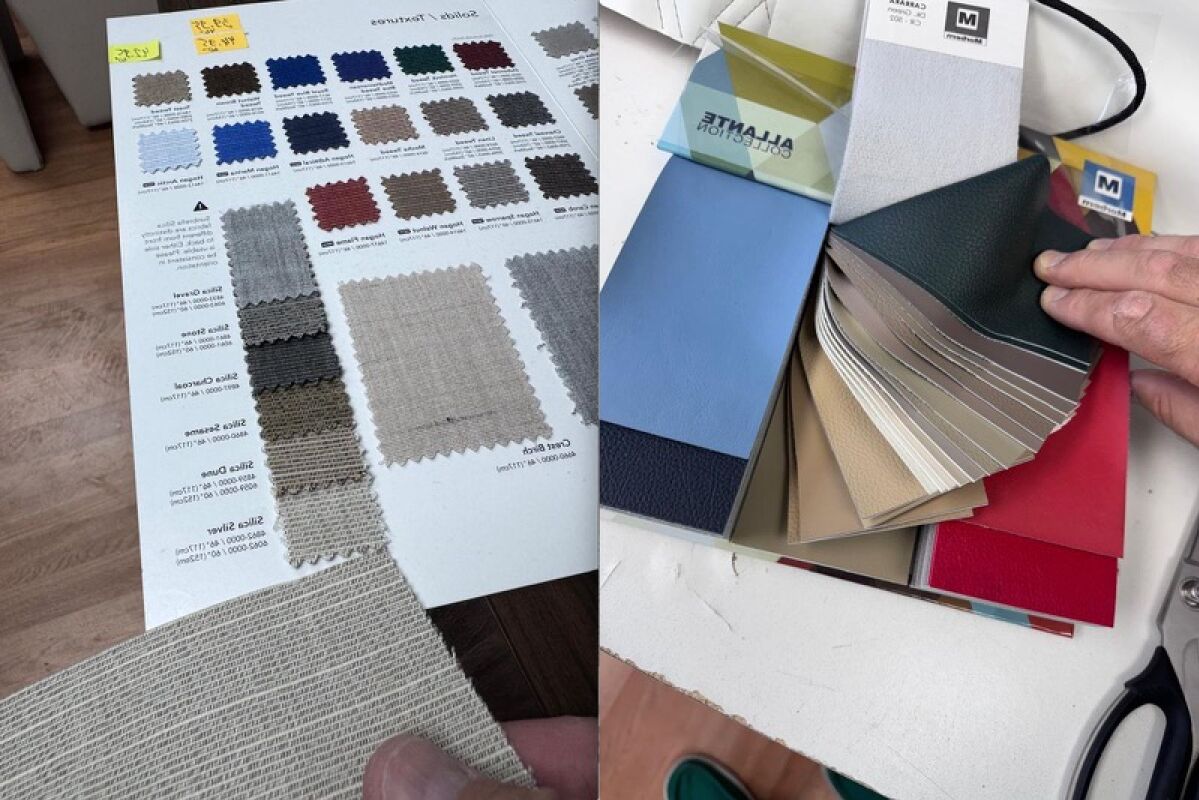The 1031 exchange is an effective tool for real estate investors and property owners to exchange one property for another while deferring federal capital gains tax that would be due if the property were sold. As long as an investor is holding the exchanged property as an investment or it is being used in the owner's trade or business, they may be eligible to defer capital gains on the sale.
The stipulations of a 1031 transaction indicate that both the relinquished and the replacement property must be of like-kind to be considered eligible. But what exactly does like-kind mean, and what types of properties qualify for a like-kind exchange?
What Type of Property Does Not Qualify for a 1031 Exchange?
Before exploring the property types that qualify for a like-kind exchange, it is critical to understand what does not fit the requirements.
Real property that is not eligible includes:
- The investor's primary or secondary residence. Since a like-kind exchange is designed to help investors defer capital gains taxes, homeowners cannot leverage the tax benefits on their primary or secondary residence.
- Foreign property. The like-kind exchange treatment is only available for domestic property. So, investors cannot sell foreign property to purchase a U.S. property and anticipate favorable capital gains tax treatment.
Properties That Qualify for a Like-Kind Exchange
When it comes to real estate, most people think about single-family homes, condos or apartments. Yet, in the eyes of the IRS, real estate is a property that consists of land or buildings.
According to the tax law, property is like-kind to another if it is the same in nature or character, even if they differ in grade or quality. That means regardless of the current physical state of an apartment building, one apartment building is generally eligible to be exchanged for another apartment building, office building, retail property, etc.
Qualifying like-kind properties for a 1031 exchange include the following:
- Land
- Developed land
- Condos
- Apartments
- Single-family homes
- Multi-family homes
- Retail properties
- Office buildings
- Farms or ranches
This list is not exhaustive. It's always best to consult with a team of professionals, including tax, real estate, and experienced qualified intermediaries (QIs), before planning to facilitate any 1031 exchange.
Exchanging Properties of Different Values
Finding another property to exchange that is exactly equal in value to the current property is challenging, especially in a hot real estate market. If an investor wants to acquire a replacement property of greater value than the one exchanged, they will defer capital gains on the entire amount of the property they swapped.
However, when an investor is exchanging into a lower-value property, they will be taxed on the difference, which is referred to as boot.
For example, if an investor exchanged a single-family rental property for $500,000 and wanted to replace it with land worth $450,000, then the $50,000 of boot would be subject to capital gains taxes.
The Bottom Line
Before an investor pursues a 1031 exchange, working with a real estate agent and qualified intermediary is smart. Having a solid team in place means less opportunity for issues that could lead to the exchange failing, resulting in a taxable transaction.
Contact Information:
Carolina Darbelles
Public Relations Specialist
[email protected]
(201) 633-2125
Press Release Service by Newswire.com
Original Source: National Association of Realtors: What Types of Properties Qualify for a Like-Kind Exchange?






